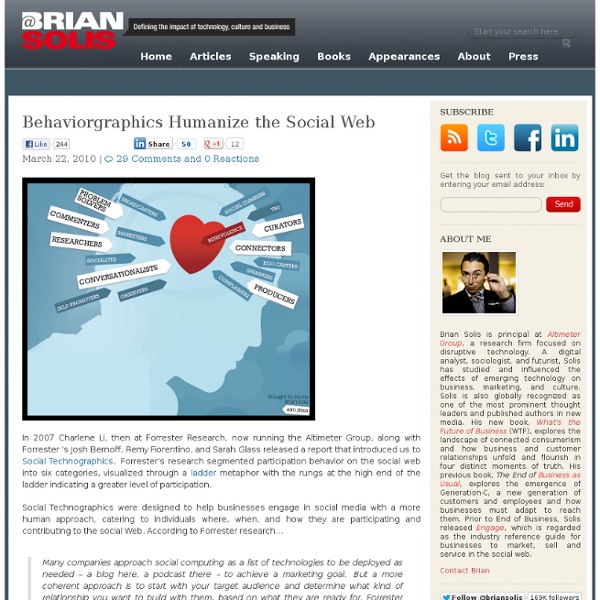Behaviorgraphics Humanize the Social Web

JESS3
How Dove's 'Real Beauty Sketches' Became The Most Viral Ad Video Of All Time
Related:
Related:



